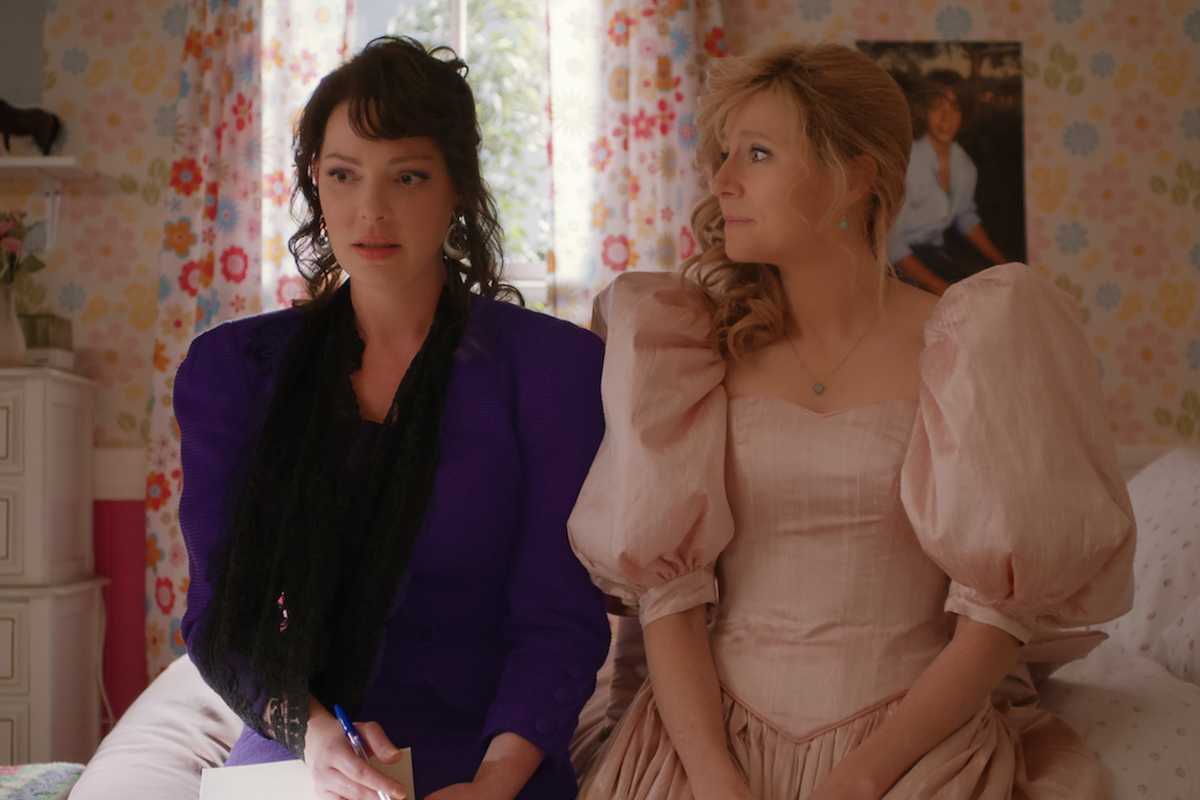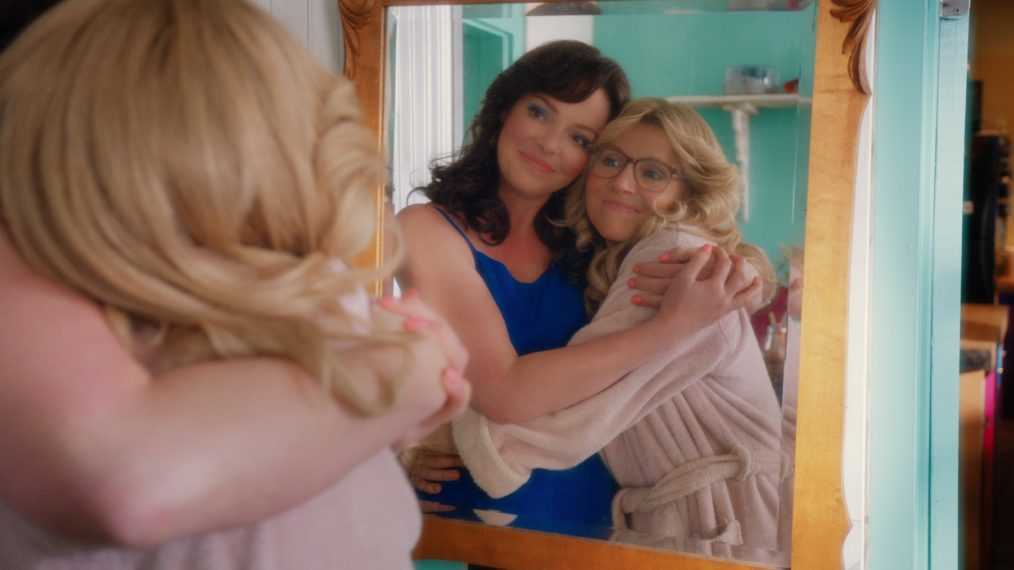The summer in which we learn to fly is the new Netflix TV series starring Katherine Heigl and Sarah Chalke, which is full of defects that make it difficult to view. Here is the review of The summer we learned to fly
ORIGINAL TITLE: Firefly Lane. KIND: drama. NATION: USA. CREATOR: Maggie Friedman. CAST: Katherine Heigl, Sarah Chalke, Ben Lawson, Beau Garrett. time: Approximately 50 minutes per episode. DISTRIBUTOR: Netflix. EXIT: February 3, 2021.
The summer we learned to fly is the new Netflix TV series released on the platform on February 3, 2021 and consisting of a ten-episode season. Absolute protagonists of the series, Katherine Heigl and Sarah Chalke, who after many comic roles we review together in a product that mixes drama and humor. The series is based on the novel of the same name by Kristin Hannah which, released in 2014, won readers with an intense story of friendship.
The plot | Review The summer we learned to fly
The story centers on the friendship between Tully and Kate, retraced with flashbacks in three moments of their life, when they met as teenagers, when they are twenty and when they are forty. Each flashback within the episode helps us to understand their bond, how they met and the world that revolves around them, family, loves, professional life.
The basic plot is therefore simple: a friendship that is retraced over the years, showing us how strong it is despite the substantial differences between the two protagonists.
Tully is a successful, over the top, unhappy presenter with a complicated childhood and hides everything behind good humor and unpredictable and irrational behavior. Kate is separated, with a teenage daughter, a TV production job trying to start over after years of dealing only with the family. Kate is insecure, awkward, shy and Tully tries to do everything to make her shine, even if, more often than not, she obscures her with her personality and her unsolved problems. The only thing they have in common is the affection and loyalty that binds them, which continues over the years despite the difficulties and tears in their relationship.
A series that does not take off, for screenplay and direction | Review The summer we learned to fly
The core of the narrative is certainly well defined, but the series as a whole never takes off. The episodes are long and slow and they are too many for a single season in fact focused only on the friendship relationship. Here, the two major issues concern the script and the direction.
The screenplay has chosen to set the narrative on flashbacks that place us in front of three periods of life, which at some point in the second episode become four. This choice greatly slows down the narrative pace, making it also difficult to understand the entire central story line which is that of the protagonists in the present.. The continuous flashbacks are not even very functional in understanding the relationship between Tully and Kate or at least they are too many and redundant on the same concept.

The most recent serial history that with the golden age of 2004 has brought great revolutions within the screenplays, it taught us to see how strong the use of flashbacks is, if well constructed. The flashback must give information that we do not know in the present history, because it has been hidden or because it is no longer in existence and must also contain a good dose of narrative tension to be sensible and captivating.
In this series, it weighs down the episodes, also giving the impression that the characters we see in the past aren’t nearly the same as we see in the present.
There is also a problem regarding the direction, who chooses two new actresses to play Kate and Tully as teenagers, but uses editing, makeup and photography techniques for her twenties and thirties. This choice calls into question the general quality, in which we see the two leading actresses changed only in clothes, make-up and accessories, with little attention to the details of costume and setting of the time.
Katherine Heigl and Sarah Chalke underpriced | Review The summer we learned to fly
The two protagonists, Katherine Heigl and Sarah Chalke are certainly two names that initially push the vision of this series. Katherine Heigl has a lot of serial experience with Grey’s Anatomy and in the world of American rom-coms of which in recent years she has become one of the new faces; while Sarah Chalke shined in Scrubs, as well as playing a key role in How I met your mother.

We certainly have his comic roles in memory, but they are also what he excels at, which is why he looks almost out of place here, in a character who has very little comedian, because her insecurities and fears make her an unrealized and unhappy woman. On the other hand, Katherine Heigl, who has usually very intense acting, here he appears in half service and fails to emerge both in comic scenes and in more dramatic scenes.
Conclusion
In the face of all these problems, very little seems to be saved from this new series The summer in which we learned to fly, even if it is necessary to consider it as a whole. As a whole, the series is based on a novel whose success was determined by the pure and intense emotions gathered around a simple story. These are usually the ingredients of success for a light novel, which plays on intensity, smile and laughter around a linear synopsis. And this would also have been the success of the series, if he had been able to construct the screenplay in an equally linear way, removing narrative elements rather than adding them.
We are facing a missed opportunity, because although a series of this type would not have been a masterpiece, it would still have been included in that category of comfort series, suitable for a wide audience. The goal of products of this type is to touch the feelings of the public, move and make people reflect starting from key values of our lives, instead what comes most of all is a great effort to reach the end of the story.
Few emotions and it is hard to get to the end
Points in favor
- Simple and delicate central story
Points against
- Film script
- Direction
- Leading actresses not valued















